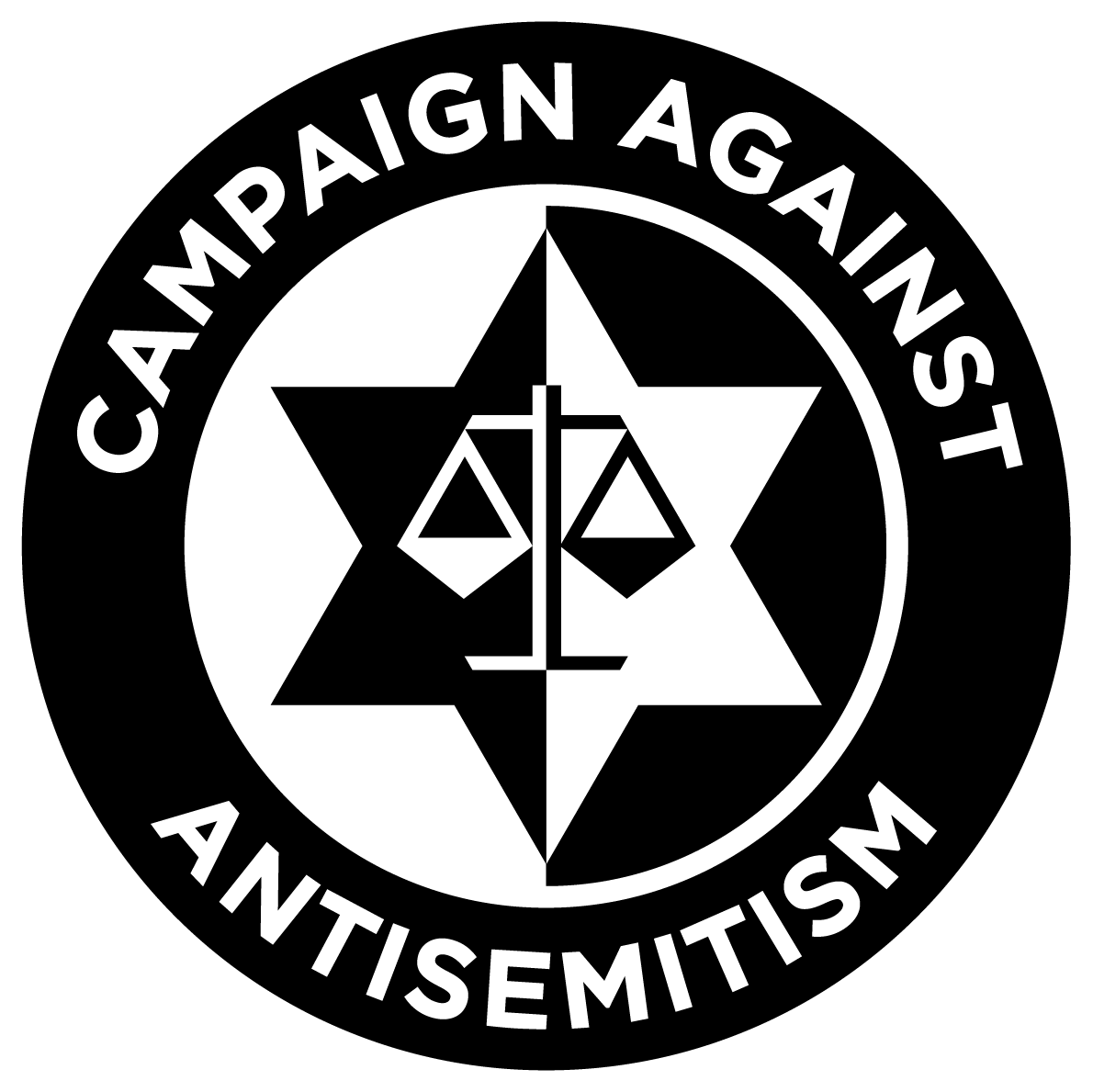CAA applauds Oak Hill College for adding explanatory note to Kittel’s theological dictionary at our request, and calls on other institutions to follow suit
Campaign Against Antisemitism applauds Oak Hill College for adding an explanatory note to its editions of Kittel following a request from us.
The Theological Dictionary of the New Testament, edited in part by Gerhard Kittel and known colloquially as “Kittel”, is a reference book openly available in Christian seminaries. While we recognise that it is a useful resource, we are also acutely aware that its editor and some early contributors, for example K.G. Kuhn, were supporters and propagators of Nazi ideology. Mr Kittel and Mr Kuhn were particularly engaged with the “Jewish Question” and actively developed and encouraged antisemitic ideology and conduct. The former claimed that Christianity should act “not as a protector of the Jew but as an effective anti-Jewish force”, while the latter, who supported Hitler’s SS, was a member of the Committee for Jewish Atrocity Propaganda, which arranged the 1933 boycott of Jews. There is no shortage of evidence of their worldview.
The particular issue with Kittel is not merely the views of its editors and contributors, but that their views subtly but significantly impact its content, and therefore it behoves educational institutions to make their students aware of this influence when they consult the resource.
As Prof. Maurice Casey warns in his article, Some Antisemitic Assumptions in the Theological Dictionary of the New Testament (1999): “The frames of reference never lie on the surface of the articles: they are buried in apparently historical statements. It follows that this dictionary should be used only with the utmost care. Students should be warned of this hidden menace, and all readers should consult it only with their critical wits sharpened to the highest degree.”
Campaign Against Antisemitism has accordingly written to numerous seminaries to inquire as to whether they make Kittel available to their students and, if so, urge them to include an explanatory note, which will assist both their students’ wider awareness of the historical influences on the resources that they use and also contribute to positive communal relations between Christians and Jews in the next generation.
Oak Hill has confirmed to us that it holds one copy of the multi-volume dictionary in its library and will insert an explanatory note into the volume. The College has advised us that it actively promotes engagement by its students with the more recent New International Dictionary of New Testament Theology and Exegesis by Moises Silva.
The College says that it positively engages the issue of early Jewish and Christian relations and tackles and addresses antisemitic interpretations.
Oak Hill’s welcome addition of the explanatory note follows the same decision by Moorlands College, as part of wider calls by Campaign Against Antisemitism for Christian seminaries to provide students with the full background and context of Kittel’s dictionary.
Binyomin Gilbert, Programme Manager at Campaign Against Antisemitism, said: “We are delighted that Oak Hill College has taken this step, which is a testament to the importance of working towards positive relations between faith communities. At Campaign Against Antisemitism, we try to act by the same principles, and I am indebted to our Christian colleagues for leading on this project. We now call on other seminaries to follow the example set by Moorlands College and Oak Hill College and add similar explanatory notes to their editions of Kittel.”
Campaign Against Antisemitism works to raise awareness of antisemitism among all faith and minority communities.
Campaign Against Antisemitism has launched a new weekly podcast. New episodes of Podcast Against Antisemitism are available every Thursday and can be streamed here or downloaded wherever you get your podcasts.



